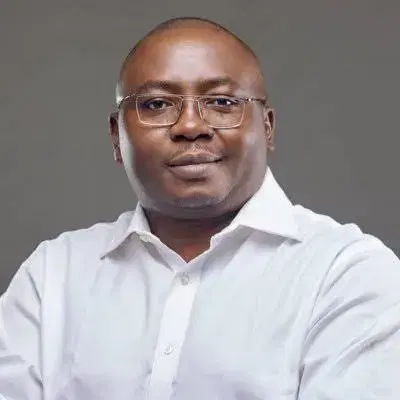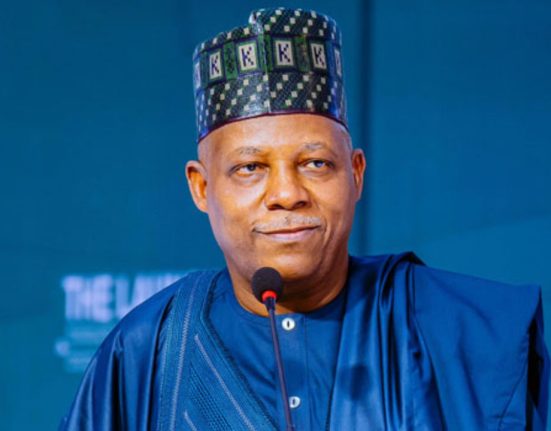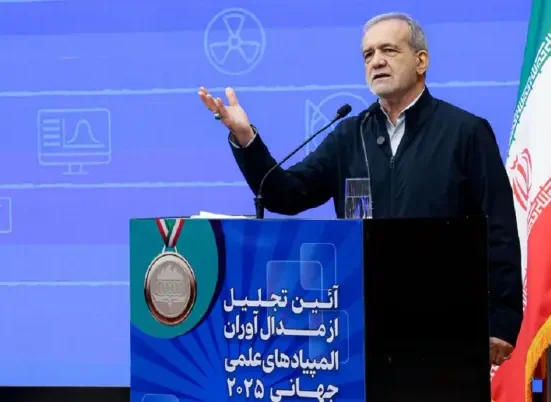ABUJA – Nigeria can no longer afford to sustain electricity subsidies, according to the Minister of Power, Adebayo Adelabu, who warned that citizens should brace for increased and cost-reflective tariffs across all consumption categories.
Speaking in Abuja during a crucial meeting with the leadership of electricity generating companies (GenCos), Adelabu stated that the existing subsidy model was financially unsustainable for the country’s economy. He confirmed that the government intends to maintain targeted subsidies for vulnerable groups, although the criteria for who qualifies were not specified.
Adelabu’s comments follow the release of a recent report by the Nigerian Electricity Regulatory Commission (NERC), which revealed a concerning discrepancy between what consumers currently pay and the actual cost of electricity production. While the average consumer rate is ₦88.2 per kilowatt hour (kWh), the generation cost is ₦116.18 per kWh, creating a subsidy gap of ₦27.97 per kWh. This subsidy is largely funded by the government. Interestingly, only about 15% of electricity consumers, primarily those in Band A, are not benefiting from this subsidy.
In addressing the significant debts facing the electricity sector, Adelabu outlined plans to reduce the ₦4 trillion owed to GenCos. He mentioned that the government would make a combination of direct payments and promissory notes to settle the outstanding liabilities. He emphasized that a substantial portion of the debt would be cleared in cash, with the remaining balance covered by promissory notes. A high-level meeting between President Bola Tinubu and the heads of the GenCos is being organized to finalize the strategy for clearing the debts.
The financial crisis facing the power sector was brought to the fore during the meeting, with Col. Sani Bello (rtd.), Chairman of Mainstream Energy Solutions, expressing grave concern over the situation. Bello warned that the sector could face a collapse unless immediate action is taken to resolve the financial instability. Kola Adesina, who leads Egbin Power and First Independent Power Limited, echoed these concerns, calling the situation a national emergency and stressing that reliable power is essential for various sectors, including industry and healthcare.
Dr. Joy Ogaji, CEO of the Association of Power Generating Companies (APGC), also provided insight into the ongoing challenges GenCos face. These include chronic payment defaults, unreliable gas supply, currency instability, excessive taxation, and frequent grid failures. Ogaji highlighted the damaging impact of Nigeria’s sharp currency devaluation on the sector, noting that the naira has depreciated significantly from ₦157/$1 in 2013 to over ₦1,600/$1 today. This sharp decline has severely impacted maintenance budgets and strained the financial health of power generation companies. Despite these mounting challenges, Ogaji emphasized that GenCos continue to operate out of a sense of national responsibility, aiming to provide consistent power to Nigerians.
The statements reflect the urgency of reforming the country’s electricity sector and addressing the financial and operational challenges that threaten its sustainability. The growing debt, subsidy concerns, and unstable operational environment present a formidable challenge for the industry, which the government is now actively working to resolve.







